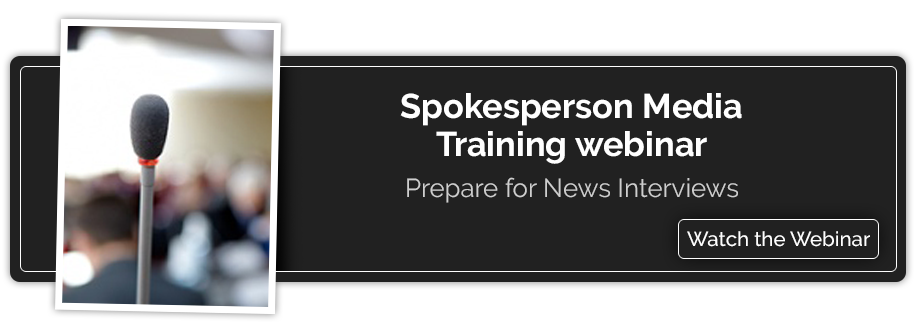Why you should use "and" and avoid "but" in your corporate communications
By Amanda CarrAugust 1, 2019
 When you say the word “but” in a conversation, people tend to dread the remainder of your sentence. This one simple word has an extremely negative connotation.
When you say the word “but” in a conversation, people tend to dread the remainder of your sentence. This one simple word has an extremely negative connotation.
Imagine your boss says to you, “Your performance in your job has been very good, but I’d like you to be more of a team player.” Most likely, you’d forget about the compliment in the first half of the sentence and focus just on what came after the word “but.”
According to Jared Balint, vice president of sales at Verified First, no matter what you say before the word “but,” your audience will focus solely on the fact that you don’t agree with them or what they want.
“When the word undoes praise, agreement, or an important point, it can start to become a problem,” says author and coach Michael S. Sorensen.
You can easily improve your communication with another simple word: and. Using the word “and” while giving feedback allows you to validate the feelings of others and share your opinion at the same time.
Let’s try the above sentence again with our new word. “Your performance in your job has been very good, and I’d like you to be more of a team player.” The use of “and” softens the blow of the constructive criticism. You walk away knowing that you’re doing a great job and there’s always room for improvement.
Words are important in corporate communications because they impact the relationships that you’re continuously building with those around you. You’re responsible for how you come across to others, so take extra care and use the word “and” instead of “but.”
Axia Public Relations can help you communicate your thoughts effectively through spokesperson training. Axia's MediaMaster program teaches spokespeople how to deliver successful presentations and control the direction of news interviews and news coverage at all times.
Amanda Carr is a junior at the University of Florida majoring in public relations and minoring in leadership. This fall she will serve as vice president of public relations for UF PRSSA as well as work as a student PR specialist for UF Information Technology.
Topics: PR tips, communications


Comment on This Article